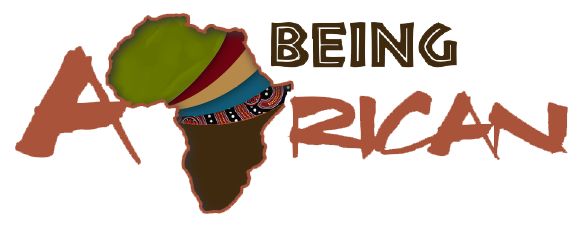Music & Dance in Igbo Culture
NIGERIA-IGBO MUSICAL INSTRUMENTS
Photo: Igbo Musical Instruments
Traditional music of Ndi Igbo is characterized by native instruments such as the native flute, known as Oja; the drums come in different shapes and heights, depending on the music in question. Besides the flutes and drums, metal instruments (gongs), clay pots, animal horns, beaded calabash, and sometimes bottles are used to produce melodious sounds.
Traditional Igbo music instruments
Ogene is a metal instrument that comes in different sizes and is always conical in shape.
Udu is an Igbo musical instrument made from clay. It comes in different shapes. It produces a base-like sound.
Photo: Udu
Egede is a drum, and it comes in different sizes. It is made of hollow wood and dried animal skin.
Egede. Photo credit: Legit.ng
Oja/Opi is the traditional flute, and it is made out of bamboo or some other kind of wood.
Ukwusa/Ichaka is a beaded calabash gently rocked against the palm.
Photo: Ukwusa/Ichaka
Ekwe is a wooden instrument that produces a unique sound.
Photo: Ekwe
One of the greatest legends is Sir Osita Osadebe. Even when contemporary music is played, some of the traditional instruments described earlier are also used.
Traditionally, masquerade Art is a form of dance art with very colourful costumes. Miniature copies of some of these masquerades are made and sold in the open market, and parents buy them as Christmas presents for their male children. It is great fun to have the masquerade playfully pursue people during festive periods.
Traditional Igbo belief (omenala Ndi Igbo/odinani)
Omenala Ndi Igbo, as the culture and traditions of the Igbo people are called, is the religion of Ndi Igbo. It consists of diverse practices depending on the demographic in question. The Omenala Ndi Igbo has been modernized over the years because of Christianity’s influence. In every Igbo community, they have deities of different kinds and grades. The highest among them is the Chiukwu, translated as the big God. Below this high deity are many other idols with individual names and shrines where they are worshipped. It is interesting that in Igbo land, there is no shrine designated for the worship of the Chiukwu. However, in the shrines where the lower deities are worshipped, the Chiukwu is always mentioned.
The New Yam festival
The yam is considered the chief product of the farm in Igbo land. Therefore, it is not surprising that the main festival in Igbo land is designated the New Yam Festival. In virtually every group in the Igbo clan, the new yam festival is traditionally at the end of the year. The new yam festival is a yearly thanksgiving to the gods for the successful end of a farming season. During this period, the communities are agog with different shades of music, dance, and feasting. In some communities, the farmer with the largest single yam harvest is honoured.
In Igboland, masquerades, Mmanwu, as they are called in the Igbo language, play an essential role in the cultural and social lives of the Igbos. In many communities in Igboland, these masquerades come out during festivities like Christmas or other occasions like the new yam festival.
The age groups
In Ibo land, age groups play a significant role in community development. The age groups consist of people of the same age, usually within a two-year bracket. One of the early functions of the age groups is maintaining discipline among their members. They hold each other accountable for civil conduct. Erring members of the group are fined, and the fines are well-defined. The younger age groups are usually responsible for the sanitation of their different communities.
The moonlight play
In traditional Igbo settings, moonlight play is significant entertainment for children and teenagers. Because there was no electricity today, the moonlight allowed young people to play different games. Two main activities of the moonlight play were storytelling/riddles and jokes and hide and seek. The season when the moon came out was a time that children looked forward to in Igboland. Sadly, this has vanished with the electrification of most communities in Igboland.
Photo: Okwe, a type of seed game
Sports
In some communities, one of the festival’s highlights during the New Yam festival is the traditional wrestling match. This is usually conducted based on the different age groups. This also can be an inter-village competition depending on the community in question.
Besides wrestling, which mainly took place during the New Yam festival, there was also the Okwe game which children played. Rubber seeds were used to play this game. Two players each have nine seeds which would be grouped in fours. The seed left would be placed by the two groups of seeds, and each player would stay a good distance from the other, facing themselves. Each player will take hold of the lone seed and attempt to knock off the opponent’s stack of seeds. They take turns at this, and whoever successfully knocks off the opponent’s pile of seeds wins.
Photo: Okwe, a type of seed game
Market days in Igboland
In most of the communities in Igboland, there are designated days during which the markets are open to the public. On such days, different products, mostly farm produce, are on display, and traders from neighbouring communities also come with their wares to the market on such days. There are four days in the Igbo week: Nkwo, Eke, Orie, Afor. Different communities adopt one of these days as their market day. The market day is very important in Igboland.
